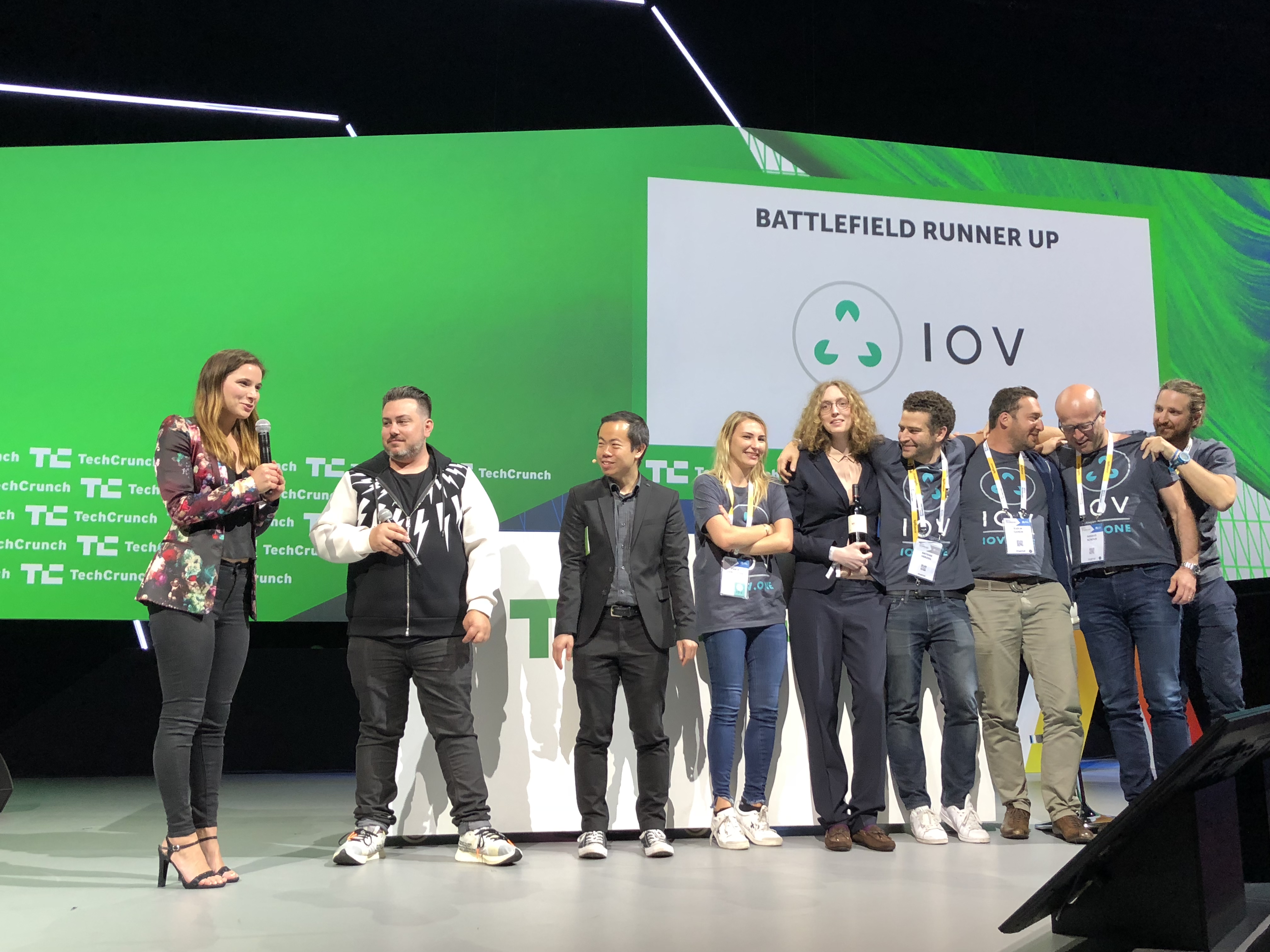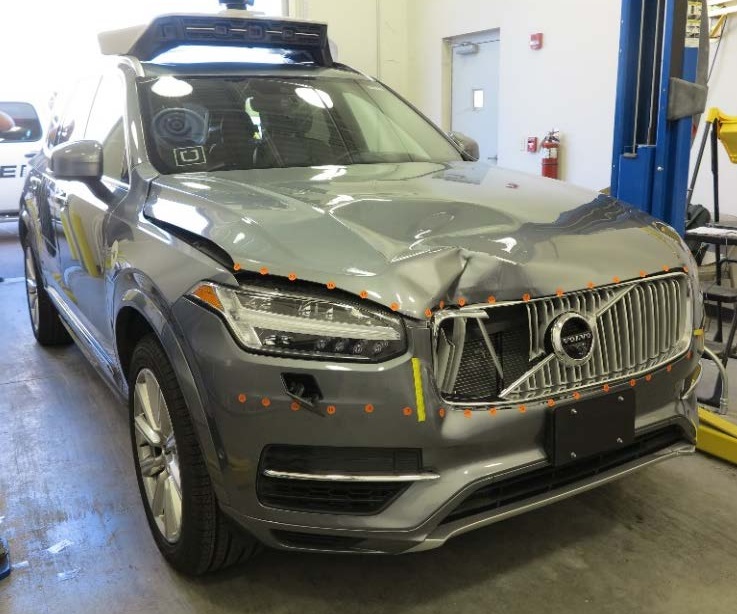Music
Trailers
DailyVideos
India
Pakistan
Afghanistan
Bangladesh
Srilanka
Nepal
Thailand
StockMarket
Business
Technology
Startup
Trending Videos
Coupons
Football
Search
Download App in Playstore
Download App
Best Collections
Technology

If you follow a lot of Android news, odds are, you've heard at least something about a mysterious Google project known as Fuchsia. And odds are, you're at least somewhat confused about what it actually is and what it's intended to do.
Let me assure you: You aren't alone.
Fuchsia, for the uninitiated, is an "early-stage experimental project" within Google. It's been under development since at least 2017 — and it's open source, which means anyone can peek at the code and even install the software on certain devices. (Pro tip: You can actually check it out from your browser right now, too, thanks to an independently created Fuchsia web demo. Fair warning, though: There's really not much to it.)
- Details
- Category: Technology
Read more: Fuchsia and the future of Android
Write comment (93 Comments)
- Details
- Category: Technology
Read more: Facebook Accused Of Reading Texts And Accessing Microphones In Lawsuit
Write comment (90 Comments)For being one of the most visited websites on the web, Reddit‘s product has rocked a notoriously basic design for much of its existence. The site is in the process of slowly rolling out a major desktop redesign to users, and today the company announced that part of this upgrade will be native support for night mode.
Night mode will likely be a popular feature for the desktop site that seems to have a core group of users that never sleep. Reddit mobile apps have notably had a native night mode for a while already.
While night mode won&t likely be too controversial, some Redditors alreadyseem resistant to the redesign change. Nevertheless, I&ve found it to be a pretty friendly upgrade (classic view is still the best) that gels with the surprisingly great mobile apps the company has continued to update. Redditrecent heavy integration of native ads is only more apparent in the new design, something that is understandably frustrating a lot of users, but it was surprising the ad-lite good times lasted so long in the first place.
You can access the night mode feature with a toggle in the username dropdown menu in the top-right corner of the site.
- Details
- Category: Technology
Read more: Reddit adds a desktop night mode as it continues rolling out major redesign
Write comment (99 Comments)A Portland family tells KIRO news that their Echo recorded and then sent a private conversation to someone on its list of contacts without telling them. Amazon called it an &extremely rare occurrence.&
Portlander Danielle said that she got a call from one of her husbandemployees one day telling her to &unplug your Alexa devices right now,& and suggesting she&d been hacked. He said that he had received recordings of the couple talking about hardwood floors, which Danielle confirmed.
Amazon, when she eventually got hold of the company, had an engineer check the logs, and he apparently discovered what they said was true. In a statement, Amazon said &We investigated what happened and determined this was an extremely rare occurrence. We are taking steps to avoid this from happening in the future.&
What could have happened It seems likely that the Echovoice recognition service misheard something, interpreting it as instructions to record the conversation like a note or message. And then it apparently also misheard them say to send the recording to this particular person. And it did all this without saying anything back.
The house reportedly had multiple Alexa devices, so italso possible that the system decided to ask for confirmation on the wrong device — saying &All right, I&ve sent that to Steve& on the living room Echo because the users& voices carried from the kitchen. Or something.
Naturally no one expects to have their conversations sent out to an acquaintance, but it must also admitted that the Echo is, fundamentally, a device that listens to every conversation you have and constantly sends that data to places on the internet. It also remembers more stuff now. If something does go wrong, &sending your conversation somewhere it isn&t supposed to go& seems a pretty reasonable way for it to happen.
I&ve asked Amazon for more details on what happened, but as the family hasn&t received one, I don&t expect much.
- Details
- Category: Technology
Read more: Family claims their Echo sent a private conversation to a random contact
Write comment (96 Comments)At the very beginning, there were 15 startups. After a morning of incredibly fierce competition, we now have a winner.
Startups participating in the Startup Battlefield have all been hand-picked to participate in our highly competitive startup competition. They all presented in front of multiple groups of VCs and tech leaders serving as judges for a chance to win €25,000 and an all-expense paid trip for two to San Francisco to participate in the Startup Battlefield at TechCrunchflagship event, Disrupt SF 2018.
After many deliberations, TechCrunch editors pored over the judges& notes and narrowed the list down to five finalists: Glowee, IOV, Mapify, Wakeo and Wingly.
These startups made their way to the finale to demo in front of our final panel of judges, which included: Brent Hoberman (Founders Factory), Liron Azrielant (Meron Capital), Keld van Schreven (KR1), Roxanne Varza (Station F), Yann de Vries (Atomico) and Matthew Panzarino (TechCrunch).
And now, meet the Startup Battlefield Europe at VivaTech winner.
Winner: Wingly
Wingly is a flight-sharing platform that connects pilots and passengers. Private pilots can add flights they have planned, then potential passengers can book them.

Runner-Up: IOV
IOV is building a decentralized DNS for blockchains. By implementing the Blockchain Communication Protocol, the IOV Wallet will be the first wallet that can receive and exchange any kind of cryptocurrency from a single address of value.

- Details
- Category: Technology
Read more: And the winner of Startup Battlefield Europe at VivaTech is… Wingly
Write comment (99 Comments)The initial report by the National Transportation Safety Board on the fatal self-driving Uber crash in March confirms that the car detected the pedestrian as early as 6 seconds before the crash, but did not slow or stop because its emergency braking systems were deliberately disabled.
Uber told the NTSB that &emergency braking maneuvers are not enabled while the vehicle is under computer control, to reduce the potential for erratic vehicle behavior,& in other words, to ensure a smooth ride. &The vehicle operator is relied on to intervene and take action. The system is not designed to alert the operator.& Itnot clear why the emergency braking capability even exists if it is disabled while the car is in operation. The Volvo modelbuilt-in safety systems — collision avoidance and emergency braking, among other things — are also disabled while in autonomous mode.
It appears that in an emergency situation like this this &self-driving car& is no better, or substantially worse, than many normal cars already on the road.
Ithard to understand the logic of this decision. An emergency is exactly the situation when the self-driving car, and not the driver, should be taking action. Its long-range sensors can detect problems accurately from much farther away, while its 360-degree awareness and route planning allow it to make safe maneuvers that a human would not be able to do in time. Humans, even when their full attention is on the road, are not the best at catching these things; relying only on them in the most dire circumstances that require quick response times and precise maneuvering seems an incomprehensible and deeply irresponsible decision.
According to the NTSB report, the vehicle first registered Elaine Herzberg on lidar six seconds before the crash — at the speed it was traveling, that puts first contact at about 378 feet away. She was first identified as an unknown object, then a vehicle, then a bicycle, over the next few seconds (it isn&t stated when these classifications took place exactly).

The car following the collision
During these six seconds, the driver could and should have been alerted of an anomalous object ahead on the left — whether it was a deer, a car or a bike, it was entering or could enter the road and should be attended to. But the system did not warn the driver and apparently had no way to.
Then, 1.3 seconds before impact, which is to say about 80 feet away, the Uber system decided that an emergency braking procedure would be necessary to avoid Herzberg. But it did not hit the brakes, as the emergency braking system had been disabled, nor did it warn the driver because, again, it couldn&t.
It was only when, less than a second before impact, the driver happened to look up from whatever it was she was doing and saw Herzberg, whom the car had known about in some way for five long seconds by then. It struck and killed her.
It reflects extremely poorly on Uber that it had disabled the carability to respond in an emergency — though it was authorized to speed at night — and no method for the system to alert the driver should it detect something important. This isn&t just a safety issue, like going on the road with a sub-par lidar system or without checking the headlights — ita failure of judgement by Uber, and one that cost a personlife.
Arizona, where the crash took place, barred Uber from further autonomous testing, and Uber yesterday ended its program in the state.
Uber offered the following statement on the report:
Over the course of the last two months, we&ve worked closely with the NTSB. As their investigation continues, we&ve initiated our own safety review of our self-driving vehicles program. We&ve also brought on former NTSB Chair Christopher Hart to advise us on our overall safety culture, and we look forward to sharing more on the changes we&ll make in the coming weeks.
- Details
- Category: Technology
Read more: Uber in fatal crash detected pedestrian but had emergency braking disabled
Write comment (90 Comments)Page 5271 of 5614

 5
5






